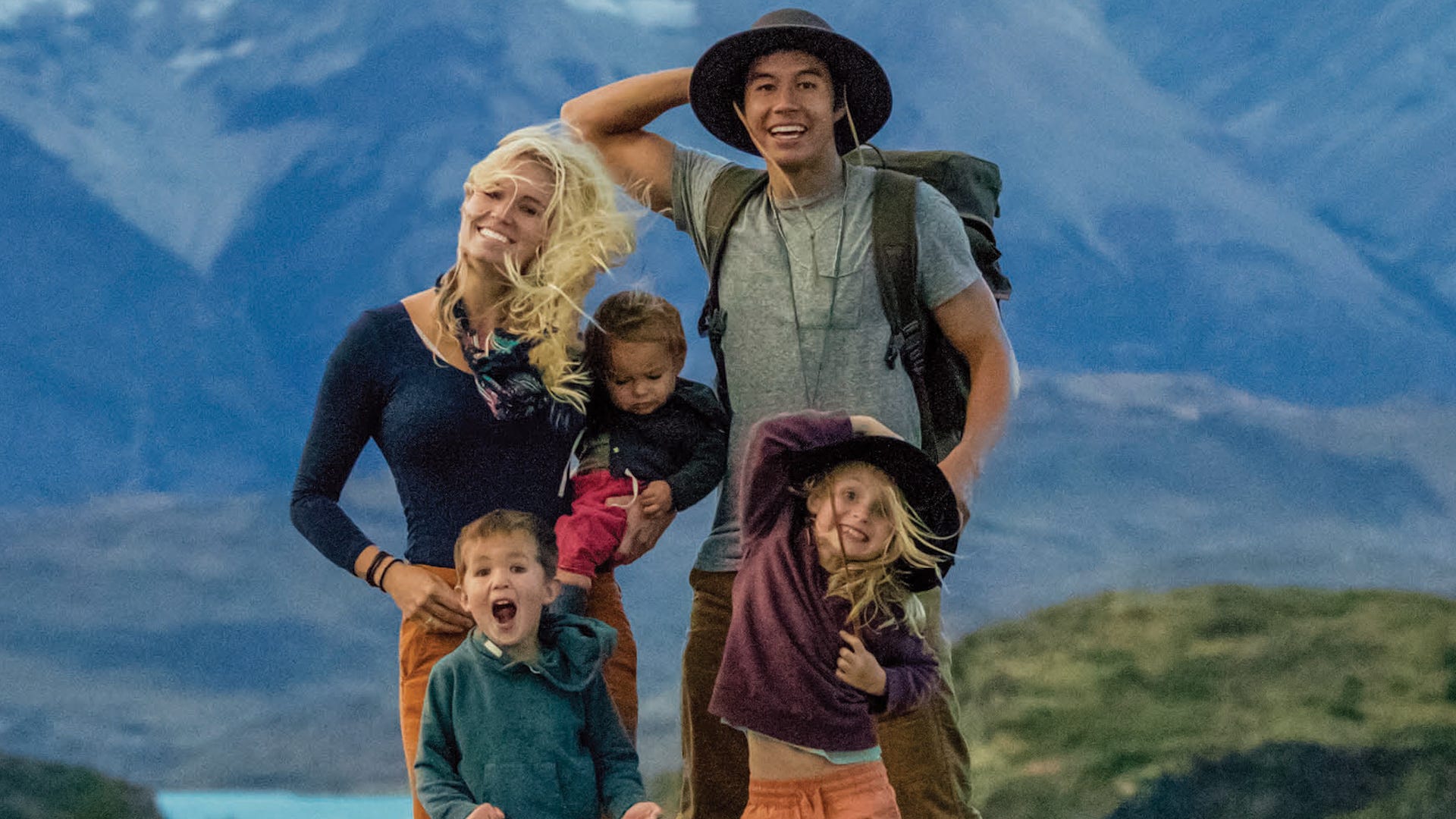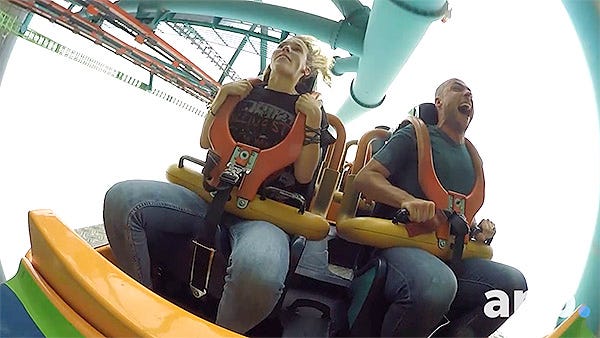Why Expecting Parents Should Take A Babymoon: 'get Excited For This Next Phase Of Life'

- Babymoons are relaxing trips couples take before their baby is born.
- Experts recommend planning a babymoon within driving distance during the first few months of pregnancy.
- Consult a doctor before traveling to ensure it is safe for both mother and baby.
Makayla Lyles and her husband took their last vacation as a family of two earlier this month.
The couple drove to Charleston, South Carolina, for the weekend. It was about three hours from their home in the Upstate for a babymoon before they welcome their first child in mid-March.
“We were already in the area. My husband was on a business trip, and he just said, ‘Let's just venture out and go to Charleston,’ ” the 26-year-old told USA TODAY. “Charleston is our favorite place.”
They spent the weekend walking around the city’s historic Rainbow Row, watching the water from the Battery and doing some shopping – including at baby boutiques.
The trip was a chance to “get a change of scenery” for Lyles, who has spent a lot of time in bed due to discomfort from Braxton Hicks contractions. It also gave them a one-on-one getaway before their daughter is born. “Just having that time together was really special,” she said.
Babymoons can give parents-to-be a chance to unwind before their newborn comes. Lyles isn't alone in considering one. Google searches for babymoons were up 34% for December, January and February as compared to September, October and November, according to data shared with USA TODAY.
Here’s what to know about planning one.
“A babymoon’s really a time for you and your significant other to just relax, celebrate each other, and get excited for this next phase of life,” said Mica Sangiacomo, a travel advisor with Fora Travel.
Unlike a honeymoon, which is automatically more laid back with the stress of a wedding in the rearview, babymoons are marked by anticipation. “So, it's really important to find a very zen location,” she said.
Babymoons aren’t necessarily just for couples, either. Travelers have also shared videos on social media of getaways with their parents and siblings, friends and even solo trips.
Sangiacomo recommended staying relatively close to home and said a destination within driving distance is “definitely preferred.” Depending on how far along their pregnancy is, travelers may not be able to fly or take a cruise.
“My biggest piece of advice for it is, it's not a bucket list trip,” she said. “It's a trip to really be calm and not to need a vacation from your vacation. You want to be rejuvenated and get that quality time with yourself and your significant other in a way that you won't have for years to come.”
Road trips are “very overlooked,” Sangiacomo said. In California, for instance, travelers could drive to places like Big Sur, the Napa Valley or Laguna Beach.
She noted that hotels are increasingly catering to pregnant guests with amenities including prenatal spa treatments and lukewarm pools, a safer alternative to hot tubs.
Access to medical care is another consideration, as some hotels or other lodging can be far from hospitals.
“Especially if it is your first pregnancy and you don't know how you're going to react, I think it's important to err on the side of safety (rather) than be in a completely foreign place or be, you know, somewhere in the woods in the States and not be able to get out,” Sangiacomo added.
If you want to take a babymoon, it’s a good idea to plan within the first few months of your pregnancy, according to Sangiacomo.
“If you're due in October and you want to go to Miraval in Arizona, your window for that is very short because you don't want to go to Arizona in the summer,” she said. “So, I think it's smart to plan pretty soon so you can narrow down those destinations in terms of weather.”
Consult your doctor about whether it’s safe for you to travel, she added, and consider potential health risks at any destinations you’re thinking about. Zika virus, for instance, “continues to be a risk in many countries around the world,” according to the Centers for Disease Control and Prevention.
Lyles recommended bringing water and snacks with you, which she noted can get expensive if you constantly have to restock on the go. She added that if you’re going somewhere that requires a lot of walking, consider taking a rideshare like Uber as needed so you don’t overexert yourself.
While hers was a quick trip, Lyles’ babymoon gave her and her husband a chance to reflect on their shared past and future – particularly with so many fond memories in Charleston. “It was just kind of a sentimental thing to go back there and say, ‘Well, next time we come, we'll bring the baby with us.’”
Nathan Diller is a consumer travel reporter for USA TODAY based in Nashville. You can reach him at ndiller@usatoday.com.

